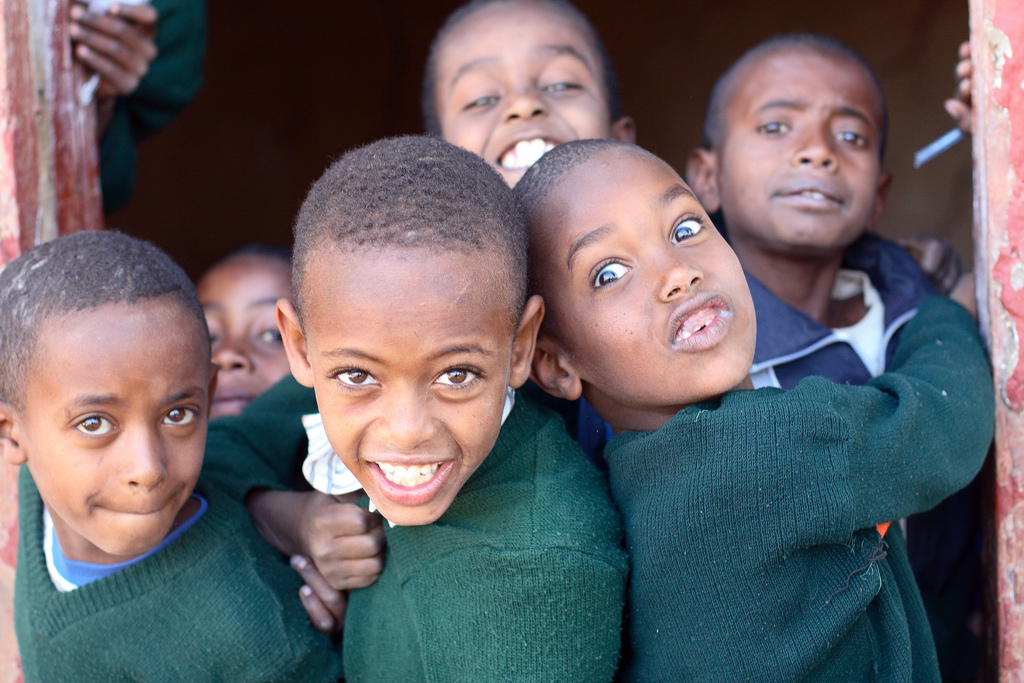At least 385,000 school-children need "emergency education assistance this school year", Alexandra Westerbeek, the UN Children’s Fund (UNICEF) communication manager in Ethiopia, told IRIN.
"In addition, 70,000 children among [the] refugee population also need emergency education assistance."
Parts of the affected regions of Afar, Amhara, Benishangul-Gumuz, Diredawa, Gambella, Harar, Oromia, Somali Region, Southern Nations, Nationalities and People's Region (SNNPR) and Tigray are under-developed and suffer chronic emergencies.
According to Mohamed Abubeker, head of the special support and inclusive education office at the Ministry of Education, the Afar and Somali regions were the most affected.
"Between June and July 2011, the drop-out rate had reached 50 percent in some of these areas, although it is now showing a stabilizing trend," Abubeker said.
A number of formal and alternative basic education schools have also been damaged by wind storms.
The alternative schools are non-formal programmes for children aged seven to 14, enabling pupils in pastoral areas to cover the equivalent of the first four grades of primary school in three years before transitioning into formal schools.
“Food for education”
The school-feeding programme is helping to draw pupils back to school, according to Abubeker.
In an e-mail to IRIN, Melese Awoke, the UN World Food Programme (WFP) spokesperson, said WFP and partners were trying to secure additional funding to expand the “food for education” intervention.
At present, WFP is assisting at least 625,000 children in 1,186 schools in six of the regions. But the WFP intervention is under-funded, according to Melese.
Funding for emergency education was also a major gap in the humanitarian response from mid-2011, according to UNICEF, which noted that "the challenge for 2012 is to design more flexible programmes which are able to respond to the changing educational needs, whatever they are".
Newer approaches are needed to tackle the problem. "The severity of the drought has caused different [types] of migration," said Arlo Kitchingman, the education cluster coordinator of the Inter-Agency Network for Education in Emergencies.
"The longer students are out of school, research and experience suggests, the more likely they are not to return..."
Kitchingman recommended "making the school calendar more flexible to accommodate pastoralists and nomadic movement with the intention that the school year doesn’t fall when the drought is most severe".
If the school year followed such a pattern, he said, "It wouldn’t matter if children are migrating or moving to different areas, it won’t affect their academic calendar."
bt/aw/mw
This article was produced by IRIN News while it was part of the United Nations Office for the Coordination of Humanitarian Affairs. Please send queries on copyright or liability to the UN. For more information: https://shop.un.org/rights-permissions





